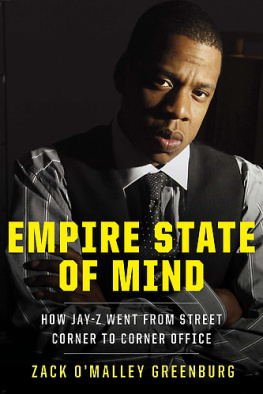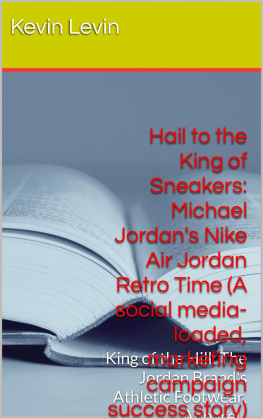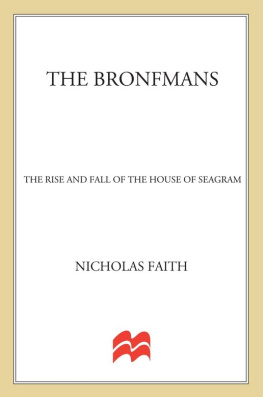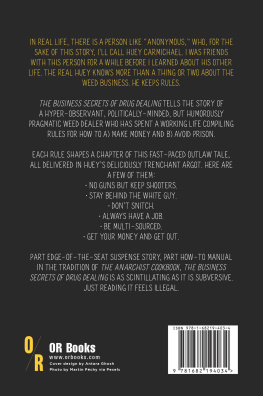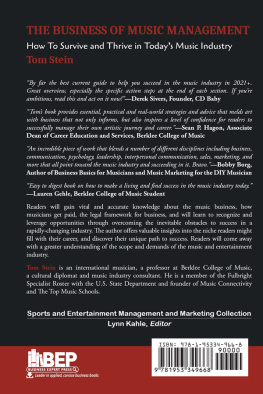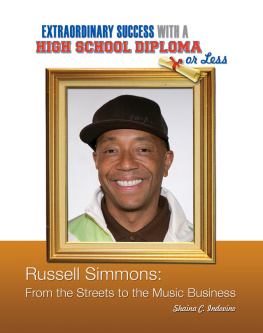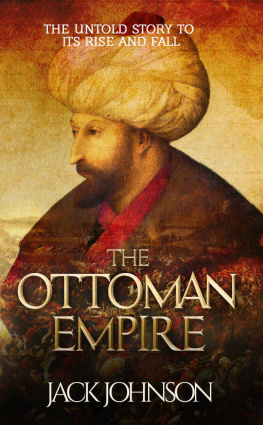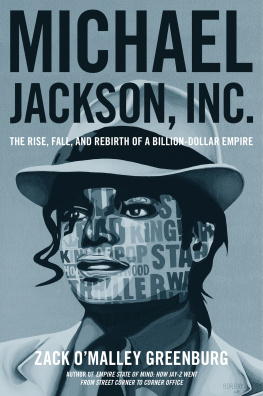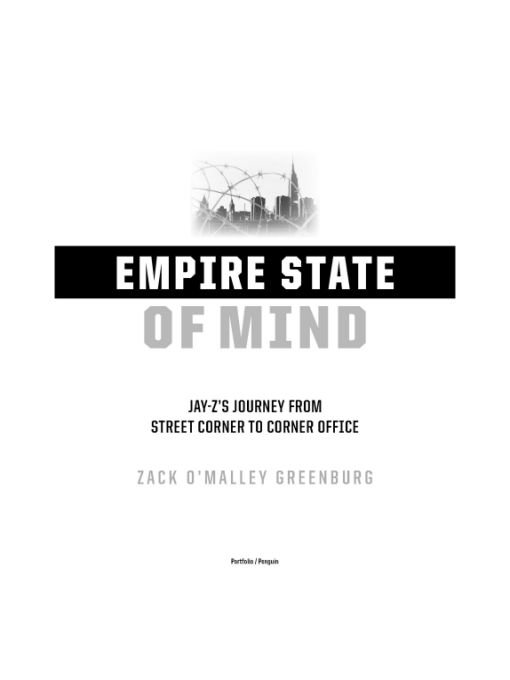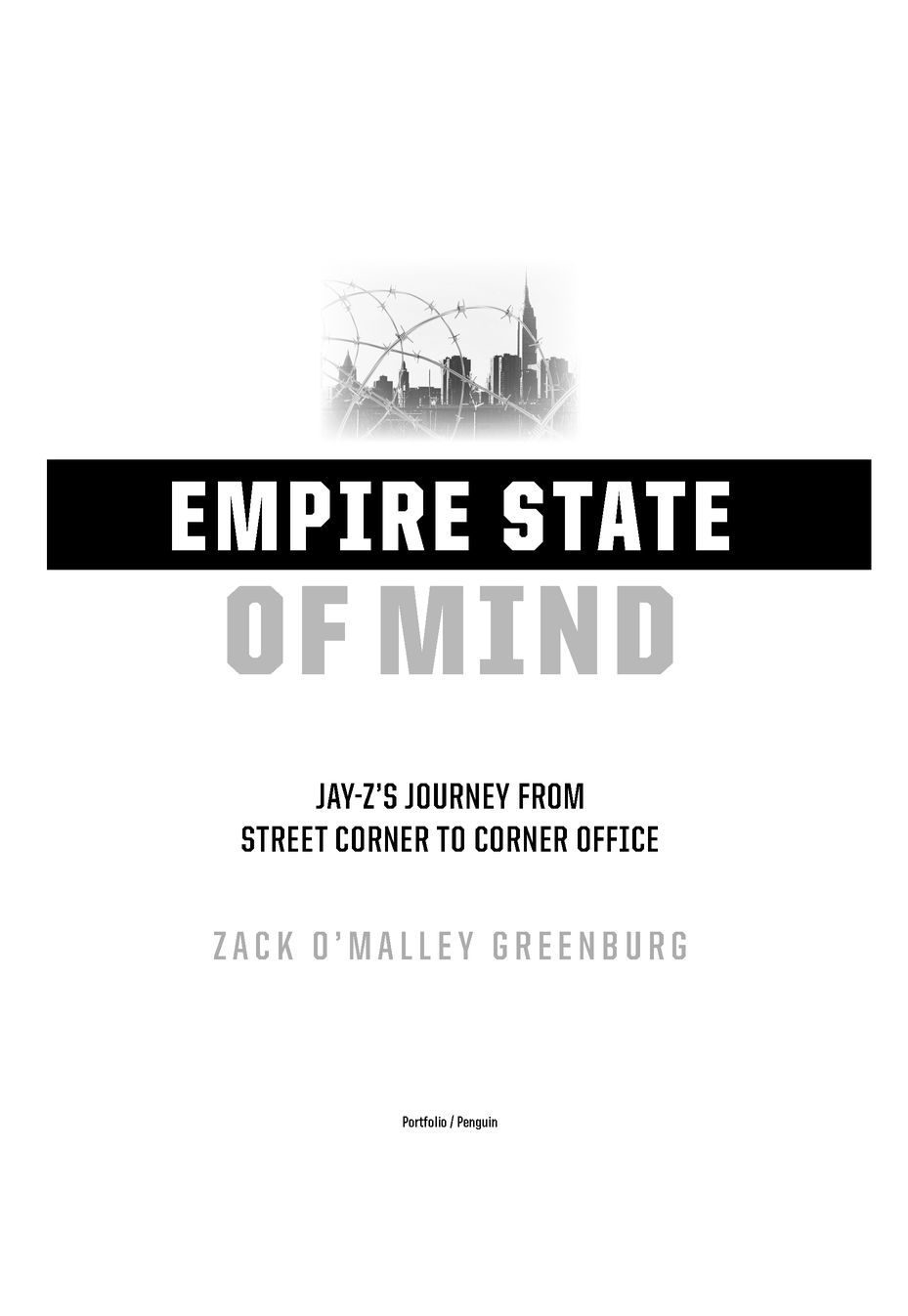Table of Contents
For my parentsall three of themand for Danielle
Introduction
At 12:10 a.m. on October 4, 1969, Brooklyns last Myrtle Avenue elevated train rumbled off into the night. Two months later Shawn Corey Carterbetter known as Jay-Zentered the world, making his first home in the nearby Marcy housing projects. The sprawling complex of drab six-story brick buildings today sits five blocks from the Myrtle Avenue lines ghostly remains, a block-long hollow structure that nobody ever bothered to knock down. During Jay-Zs formative years, the rest of Bedford-Stuyvesant was similarly neglected by the authorities; as the drug trade flourished in the 1980s, lessons of supply and demand were never farther than the nearest street corner. Even now, hallmarks of Marcys past remain: the padlocked metal gates guarding each parking space, the apartment numbers stenciled in white paint beneath street-facing windows to help police catch escaping perpetrators, and, of course, the rusted railway skeleton over Myrtle Avenue, just steps from the platform where the J and Z subways now roll into a modern train station.
The following pages will explain just how Jay-Z propelled himself from the bleak streets of Brooklyn to the heights of the business world. In making that journey, hes gone from peddling cocaine to running multimillion-dollar companies, with worldwide stops at sold-out concerts along the way. Once Jay-Z got going, it took him less than ten years to complete that voyage, thanks to innate talents honed through hustling. His story is the American dream in its purest form, a model for any entrepreneur looking to build a commercial empire.
Jay-Z wouldnt be where he is today were it not for his remarkable abilities as a rhymester and wordsmith. Most hip-hop buffs place him in raps pantheon, alongside the likes of Rakim, KRS-One, Tupac Shakur, and the Notorious B.I.G. Jay-Zs first album, Reasonable Doubt, packs a lifes worth of lyrics into a single disc, backed by beats thick with soul and jazz. Though his first album is still considered one of hip-hops greatest, he garnered criticism for heading in a pop-oriented direction in subsequent efforts. Jay-Z readily admits this was all part of his plan to sell more records. I dumbed down for my audience, doubled my dollars, he says in one song. They criticize me for it, yet they all yell, Holla.
While some of Jay-Zs catchier choruses have drawn the scorn of purists, radio hits like Hard Knock Life (Ghetto Anthem) were instrumental in broadening hip-hops appeal. Jay-Z has helped a cultural movement born amid the ashes of the South Bronx flourish in the fertile fields of the American mainstream. With his aid, hip-hop has gone all the way to the White HouseBarack Obama referenced Jay-Zs Dirt Off Your Shoulder at a press conference in early 2008 and reportedly called Jay-Z early in his first presidential campaign to ask whats going on in America.
This books focus is not music, but business, a field in which Jay-Zs prowess rivals his considerable musical talents. He pulled in $63 million in 2010, more than twice as much as the next highest paid hip-hop impresario, Sean Diddy Combs.
One of the main reasons for this success is Jay-Zs ability to build and leverage his personal brand. As much as Martha Stewart or Oprah, he has turned himself into a lifestyle. You can wake up to the local radio station playing Jay-Zs latest hit, spritz yourself with his 9IX cologne, slip on a pair of his Rocawear jeans, lace up your Reebok S. Carter sneakers, catch a Nets basketball game in the afternoon, and grab dinner at The Spotted Pig (Jay-Z owns a stake in both) before heading to an evening performance of the Jay-Z-backed Broadway musical Fela! and a nightcap at his 40/40 Club. But leave the gold jewelry at home, ditch the baggy shorts and athletic jersey, and dont even think about drinking Cristal: pop-culture arbiter Jay-Z has pronounced all of these items verboten. Instead, consider wearing a platinum Audemars Piguet watch along with a crisp pair of jeans and a dress shirt, preferably by Rocawear, while drinking Armand de Brignac Ace of Spades champagne. Hell profit at every step. As he says in one of his songs, Im not a businessmanIm a business, man.
Jay-Z has a nose for money. It drew him away from music and toward the drug trade as a teenager, then back to music as a young adult. In the middle of his career, it took him from the studio to the boardroom, then back to the studio. Its led him to a little bit of both in recent years, creating marketing synergies at every turn. He has a unique ability to set trends and profit from them, and he has milked many of his ventures for astronomical profits. Jay-Z pulled in $204 million for selling his Rocawear clothing line in 2007; the following year, he secured a ten-year, $150-million deal with concert promoter Live Nation at the top of the market. By my estimateinformed by three years of evaluating the fortunes of billionaires and writing about the business of hip-hop for ForbesJay-Zs personal fortune stands at nearly half a billion dollars. With a little luck, hell make it to ten figures before his social security checks start to arrive.
Despite Jay-Zs success, there are still many Americans whose impressions of him are foggy, outdated, or downright incorrect. Over the nine months I spent working on this book, I was astonished at the number of peoplemostly middle-aged and whitewho, with varying degrees of seriousness, advised me to watch my back while writing about a rapper. Perhaps these were simply misguided quips, though I fear that more often than not, they were symptoms of the prejudice that still infects our society. This is not a book about race, but in researching Empire State of Mind, I was reminded that Jay-Zs rise is all the more remarkable because of the biases hes been able to overcome.
Ive encountered a few people for whom Jay-Zs name doesnt ring a bell, especially in France and Germany, where parts of this book were reported. Every one of them, however, remembered who he was when I identified him as the husband of pop superstar Beyonc Knowles, the subject of Chapter 8. For the most part, Ive been amazed at the number of people with an encyclopedic knowledge of all things Jay-Z. When he declared himself the new Frank Sinatra in his 2009 hit Empire State of Mind, everybody wanted to weigh in on his bold thesis, from deli proprietors to music industry leaders. Jay-Z did what most would consider improbablecreate an anthem as important to New York as Frank Sinatras New York, New York, Craig Kallman, chief executive of Atlantic Records, told me. His version is exhilaratingly original and fresh, and captures the essence of todays Big Apple.
In November of 2009, Newsweek declared Jay-Z the fourth most important newly minted tycoon of the decade, between hedge fund king John Paulson and Facebook founder Mark Zuckerberg. The honor highlighted his prowess in business and music as well as his cultural impact. Jay-Z helped change the face of America and its racial politics, declared Russell Simmons, founder of Def Jam Records. Kids in Beverly Hills now understand the plight of kids in Brooklyn housing projects. Without hip-hop there is no Barack Obama, and without Jay-Z, hip-hop wouldnt be where it is today.
Simmons is a good friend of Jay-Z, and one of many with a great deal of respect for him. I spoke with scores of people whove spent time with Jay-Z, and they all praise his natural brainpower, manifested as much in the shrewdness of his business dealings as in the intricacy of his rhymes. They point out his ability to size people up and rapidly gather information on any situation as it unfolds, both talents honed by years of peddling drugs while skirting rivals and authorities alike. Perhaps most of all, observers note his expansive intellectual curiosity in both music and business.



